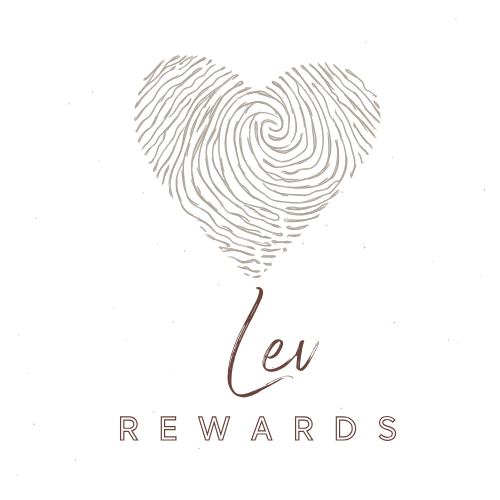Loyalty isn’t just about discounts and points—it’s about how people think, feel, and behave. If you want to design a rewards programme that truly works, you need to understand the science behind it.
Psychology, neuroscience, and behavioural economics all play a role in why people engage with rewards. Get it right, and your programme builds long-term trust and engagement. Get it wrong, and your members disengage.
So, what do these sciences say about loyalty? And are South African businesses applying these insights effectively?
The Psychology of Loyalty: Why People Stay
At its core, loyalty is emotional. People stick with brands that make them feel valued, recognised, and rewarded in ways that matter to them.
Take Pick n Pay’s Smart Shopper programme. It doesn’t just offer generic rewards—it lets members choose how they want to use their points, whether for discounts, partner rewards, or donations. This taps into self-determination theory, which says people are more motivated when they have a sense of control.
Key takeaway: Does your programme make members feel empowered, or are they stuck with a one-size-fits-all approach?
The Neuroscience of Rewards: The Dopamine Effect
Our brains love rewards. When we receive something unexpected—like bonus points, surprise discounts, or exclusive offers—our brain releases dopamine, the chemical responsible for pleasure and motivation.
This is why Vitality by Discovery works so well. Members don’t just get rewards for gym visits—they get surprise incentives, like free smoothies or coffee for hitting fitness goals. These unexpected rewards keep users engaged because they activate the brain’s reward prediction error, making the programme more exciting.
Key takeaway: Are you incorporating surprise and delight in your programme, or is it too predictable?
Behavioural Economics: The Power of Nudge Theory
People don’t always act rationally, which is where behavioural economics comes in. Small nudges—subtle prompts that guide behaviour—can significantly impact engagement.
FNB eBucks is a prime example. The programme uses tiered rewards, where customers earn more eBucks if they use more FNB products. This leverages loss aversion—people fear missing out on higher rewards, so they engage more with the brand.
Key takeaway: Are you using psychological nudges to encourage deeper engagement, or is your programme passive?
Is Your Programme Designed for Success?
Many South African loyalty programmes have embraced these principles to drive real engagement. But here’s the question every programme owner should ask:
👉 Is there room for improvement in how your programme applies these principles?
- Does it create an emotional connection with members?
- Does it keep them engaged with unexpected rewards?
- Does it use behavioural nudges to drive deeper loyalty?
Loyalty isn’t about ticking a box—it’s about understanding human behaviour and designing a programme that makes people genuinely want to stay. If yours isn’t doing that, it might be time for a rethink.
